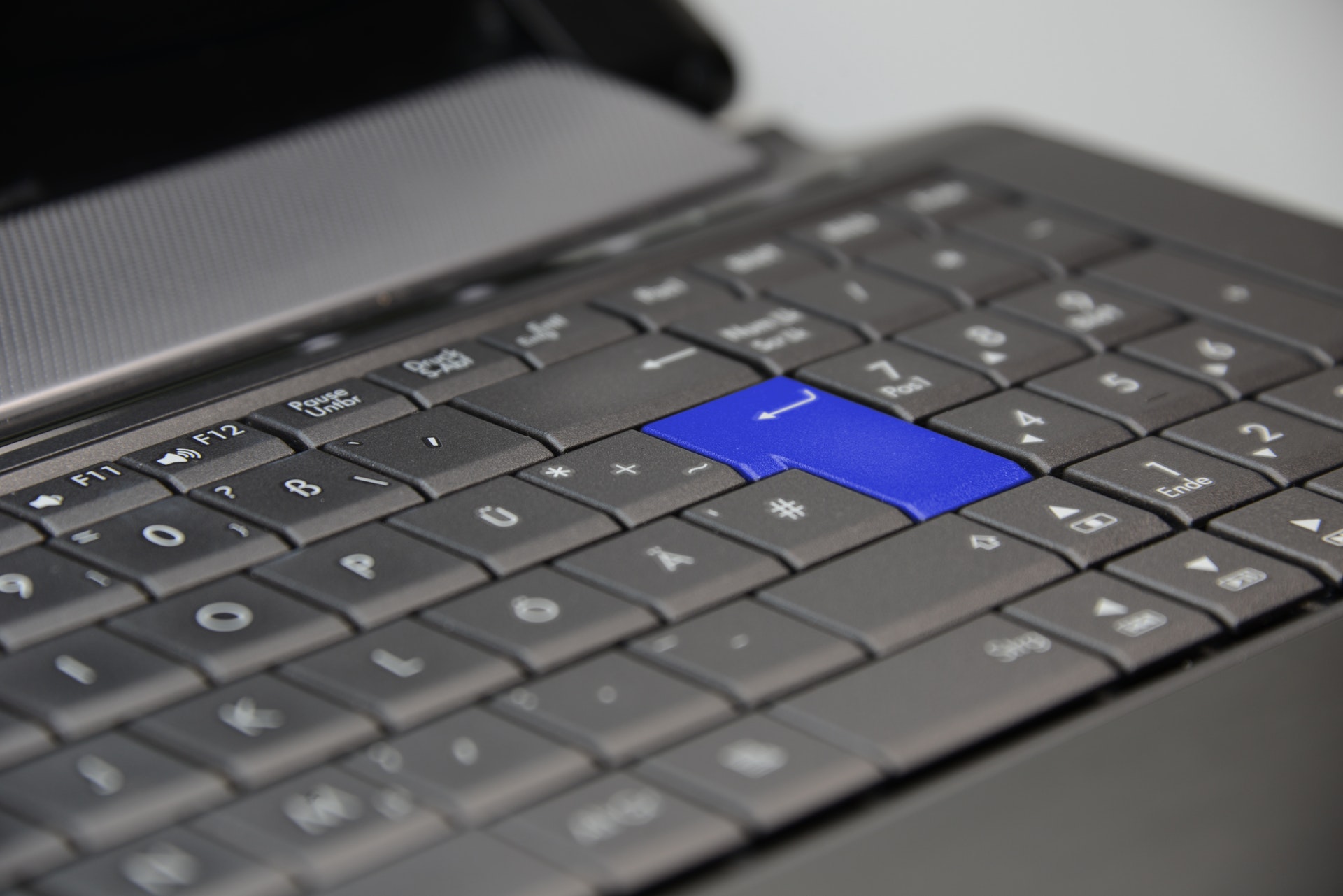
Easy Steps to Optimise your Computer
We all know how frustrating a computer can be when it takes what appears to be an eternity to perform an apparently simple task. In the long run, a slow computer can cost you time and money. There’s a cure for many machines, and I don’t mean a new flashy computer. There are many factors that can drag your computer down, including compatibility issues, bugs, malware, and viruses, and even hardware failures. Thankfully, you need not replace your slow PC. You can make some simple software and hardware tweaks to optimise your computer — and most of them are free.
Check the Computer for Malware
Sometimes it is not your computer or an application that causes your device to run slowly, but rather it is a malware that has taken over your machine. Viruses, spyware, adware, and other malware types are known to take up a lot of processors, memory, and disk resources that make your device unusable. The best way to handle viruses and other malware is to use an up-to-date anti-malware solution to clean up your system. You can scan and remove malware from your device using an antivirus and anti-malware software on your computer.
Uninstall Idle Programs
You can free up disk space and speed up the boot time of your computer by removing programs you don’t need. For example, to do this for Windows, select Control Panel to open the Start menu. Then select Programs and Features or add/remove, depending on your Windows version. Deinstall any applications you know you’re not using or needing for sure. I recommend playing it safe for beginners. Do not uninstall it if you are not sure what a specific program is or does. It may take a reboot to uninstall some programs.
Adjust Visual Effects Settings
Most computer operating systems contain a lot of visual effects like shadow effects and animations. These look great and cool, but they can use additional system resources as well as slow your PC, especially if you’ve got a PC with a smaller amount of random access memory (RAM). Just adjust the visual effects, and you’ll see a clear performance difference.
Reclaim Disk Space
Whether it’s a Solid-State Drive (SSD) or a traditional rotating hard drive platter (HDD), it’s usually never a good idea to use a full-drive device because it can affect performance. If you’ve got a reasonably new computer and you start noticing that apps, copying files, and other tasks take longer than usual, maybe one of the reasons is that you’re running out of space. Typically, after using about 70% of the storage capacity, this becomes noticeable. One way to control storage is to use tools such as Disk Cleanup to remove junk files from your computer.
Need Help to Optimise your Computer?
If you still need help to boost your computer’s performance, then let Budget PC Repair Upgrade Pte Ltd assist you. Apart from computer optimisation solutions, we also offer other computer, Macbook and Apple screen repair. So check us now to solve your computer problems.
